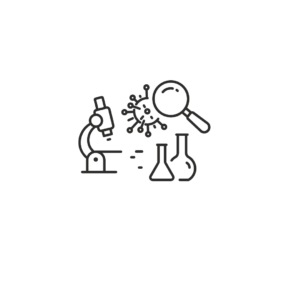Description
A Post Graduate Diploma in Industry Safety and Fire focuses on equipping students with the knowledge and skills necessary to manage safety and fire protection in industrial settings. This program combines theoretical knowledge with practical applications to ensure workplace safety and minimize fire hazards. Here are the key areas typically covered in the curriculum:
Key Areas of Study
Fundamentals of Safety Management: Understanding the principles of occupational health and safety, safety regulations, and the role of safety management systems in industries.
Fire Science and Technology: Studying the science of fire, including fire behavior, ignition, propagation, and suppression techniques.
Risk Assessment and Management: Learning how to identify hazards, conduct risk assessments, and implement risk mitigation strategies in industrial environments.
Fire Safety Regulations and Standards: Familiarizing students with national and international fire safety codes, standards, and regulations that govern industrial practices.
Emergency Preparedness and Response: Developing emergency response plans, conducting drills, and managing incidents effectively to minimize risks during emergencies.
Fire Protection Systems: Exploring various fire protection systems, including fire alarms, sprinklers, and special suppression systems, and their design and maintenance.
Occupational Health and Safety Regulations: Understanding the legal and regulatory framework pertaining to workplace safety, including compliance with occupational health standards.
Safety Training and Education: Learning how to design and deliver safety training programs for employees, emphasizing the importance of safety culture in organizations.
Accident Investigation: Gaining skills in investigating workplace accidents, determining root causes, and implementing corrective actions to prevent future incidents.
Career Opportunities
Graduates with a Post Graduate Diploma in Industry Safety and Fire can pursue various career paths in different sectors, including manufacturing, construction, oil and gas, and public safety. Potential job roles include:
Safety Officer/Coordinator: Ensuring compliance with safety regulations, conducting safety audits, and promoting safety awareness in the workplace.
Fire Safety Officer: Overseeing fire safety practices in facilities, conducting fire risk assessments, and implementing fire prevention programs.
Health and Safety Manager: Managing the overall safety program, conducting risk assessments, and ensuring that safety practices align with regulations.
Emergency Management Specialist: Developing and coordinating emergency preparedness plans and response strategies for industrial facilities.
Loss Prevention Specialist: Identifying risks and developing loss prevention strategies to protect people and property from accidents and fires.
Compliance Officer: Ensuring that organizations comply with occupational health and safety laws and standards, performing inspections, and responding to violations.
Consultant in Safety and Fire Protection: Providing expertise to organizations on safety policies, fire protection measures, and risk management strategies.
Fire Protection Engineer: Designing fire protection systems and conducting safety analyses to ensure the safety of buildings and industrial plants.
Corporate Trainer: Developing and delivering training programs focused on safety protocols, fire prevention, and emergency response procedures.
This diploma serves as an important qualification for professionals looking to advance their careers in safety management and fire protection, and it may provide a pathway to further studies or certifications in related fields.
If you have specific questions about the program structure, potential careers, or other related aspects, feel free to ask!









